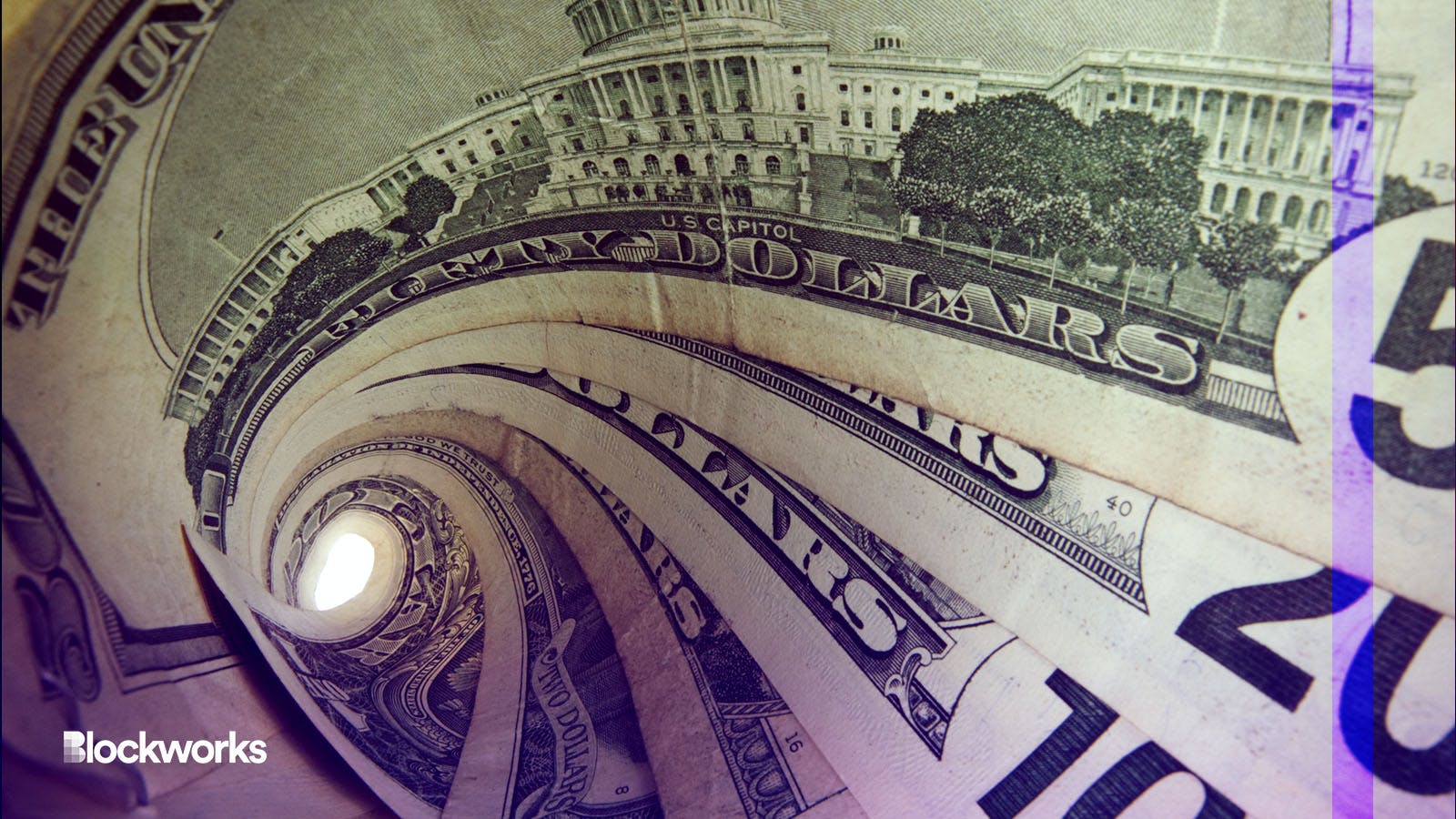Judge backs US Treasury over Tornado Cash sanctions controversy
US Judge Robert Pitman ruled that Tornado Cash is a “person” under law, referencing its founders, developers and DAO

Frank Anusewicz/Shutterstock, modified by Blockworks
A US federal judge rejected six plaintiffs’ claims that the government overreached in its sanctions against blockchain privacy software Tornado Cash.
Last August, the US Treasury’s Office of Foreign Assets Control (OFAC) accused Tornado Cash of enabling hackers to launder $7 billion in cryptoassets since 2019 and imposed sanctions on the mixer.
However, six people contended in a motion that the government shouldn’t sanction the mixer, asserting it is software — and not a foreign “national,” “person,” or group.
Coinbase backed the lawsuit, aiming to delist Tornado Cash from OFAC’s records and limit the Treasury’s apparent overreach of its powers.
But in a filing released Thursday, US District Judge Robert Pitman determined that Tornado Cash can indeed be classified as a “person” under the International Emergency Economic Powers Act.
“The entity is composed of its founders, its developers, and its DAO,” the judge said.
“The record sufficiently supports OFAC’s determination that the founders, the developers, and the Tornado Cash DAO have acted jointly to promote and govern Tornado Cash and to profit from these activities.”
According to the plaintiffs, smart contracts can’t be considered property as they can’t be owned. Moreover, even if deemed property, “Tornado Cash does not have a ‘legal or equitable claim or right in property’ to them,” they argued.
But Pitman said: “The court finds that OFAC’s determination that the smart contracts constitute property, or an interest in property, is not plainly inconsistent with the regulatory definition of those terms.”
He also likened smart contracts to vending machines, noting they execute a specific, preset function.
“The fact that smart contracts do so without additional human intervention, like a vending machine, or that they are immutable, does not affect its status as type of contract and, thus, a type of property within the meaning of the regulation,” he added.
Critics have argued the sanctions have a chilling effect and violate free speech rights of software developers, but the court rejected that view.
One Tornado Cash developer, awaiting trial in the Netherlands for alleged involvement in money laundering, was detained for 8 months before being released in April.
The court ruled in favor of the government on the matter through a summary judgment, and the case now is expected to go to the Fifth Circuit Court of Appeals for review.
Get the news in your inbox. Explore Blockworks newsletters:
- The Breakdown: Decoding crypto and the markets. Daily.
- 0xResearch: Alpha in your inbox. Think like an analyst.






